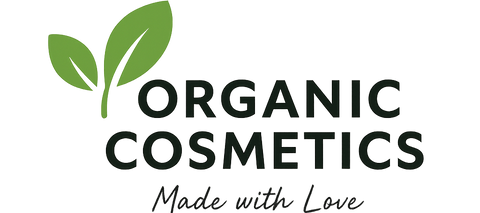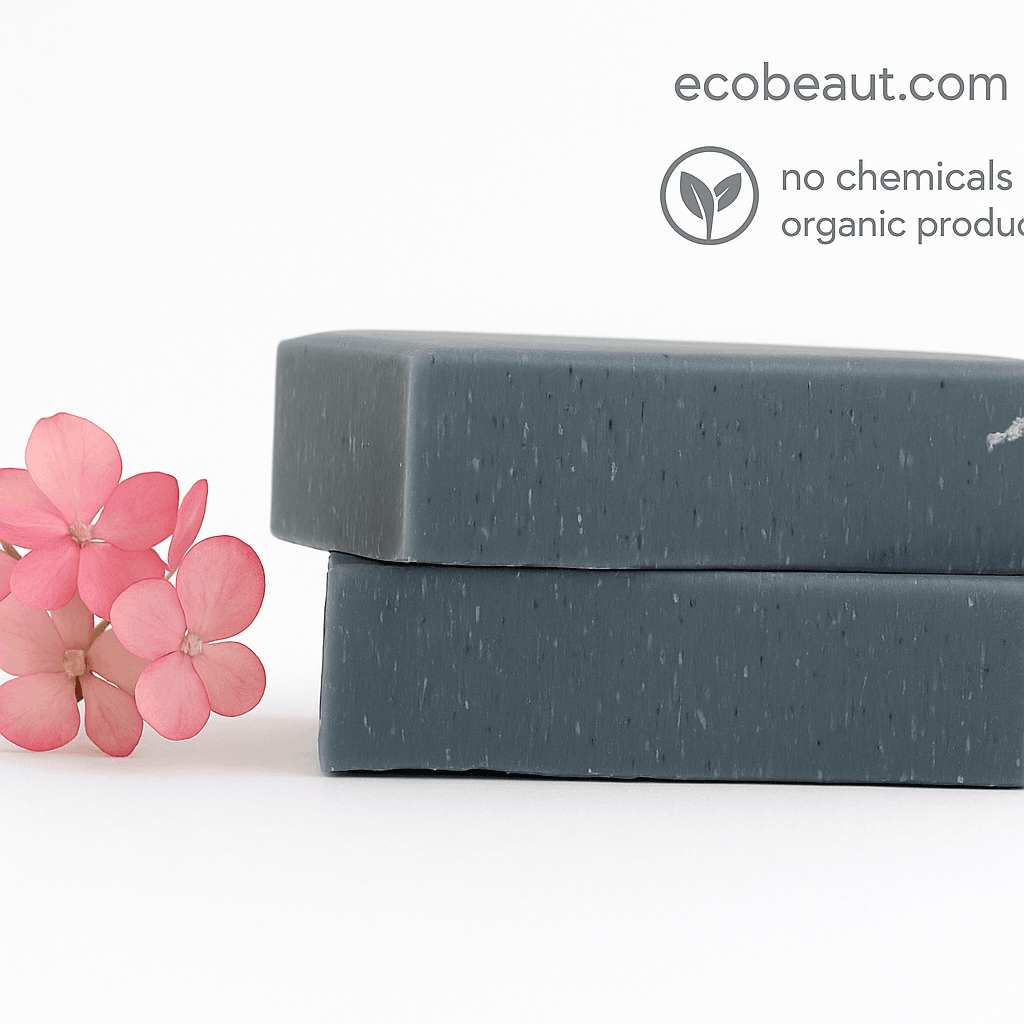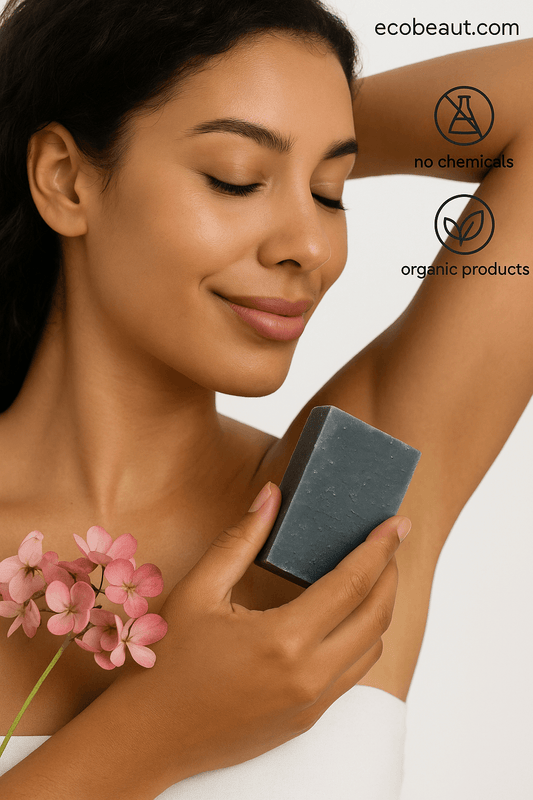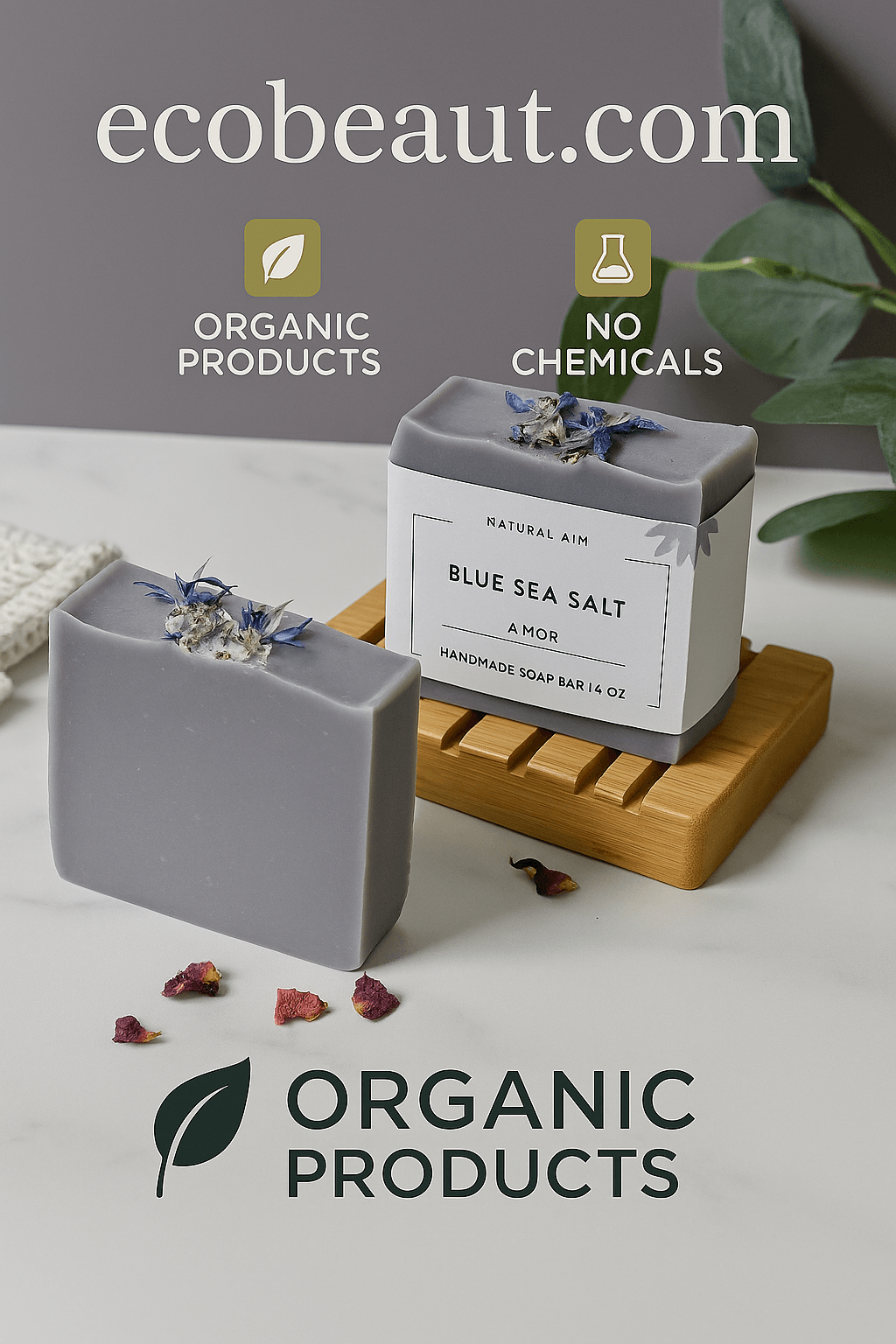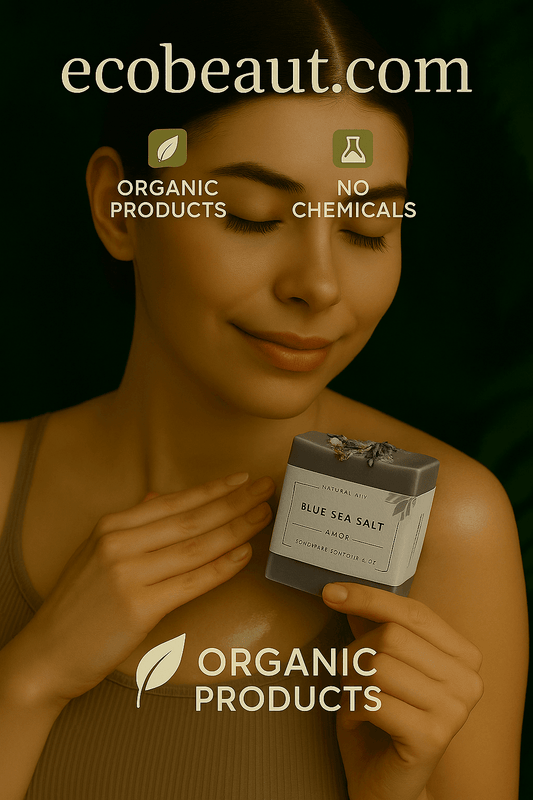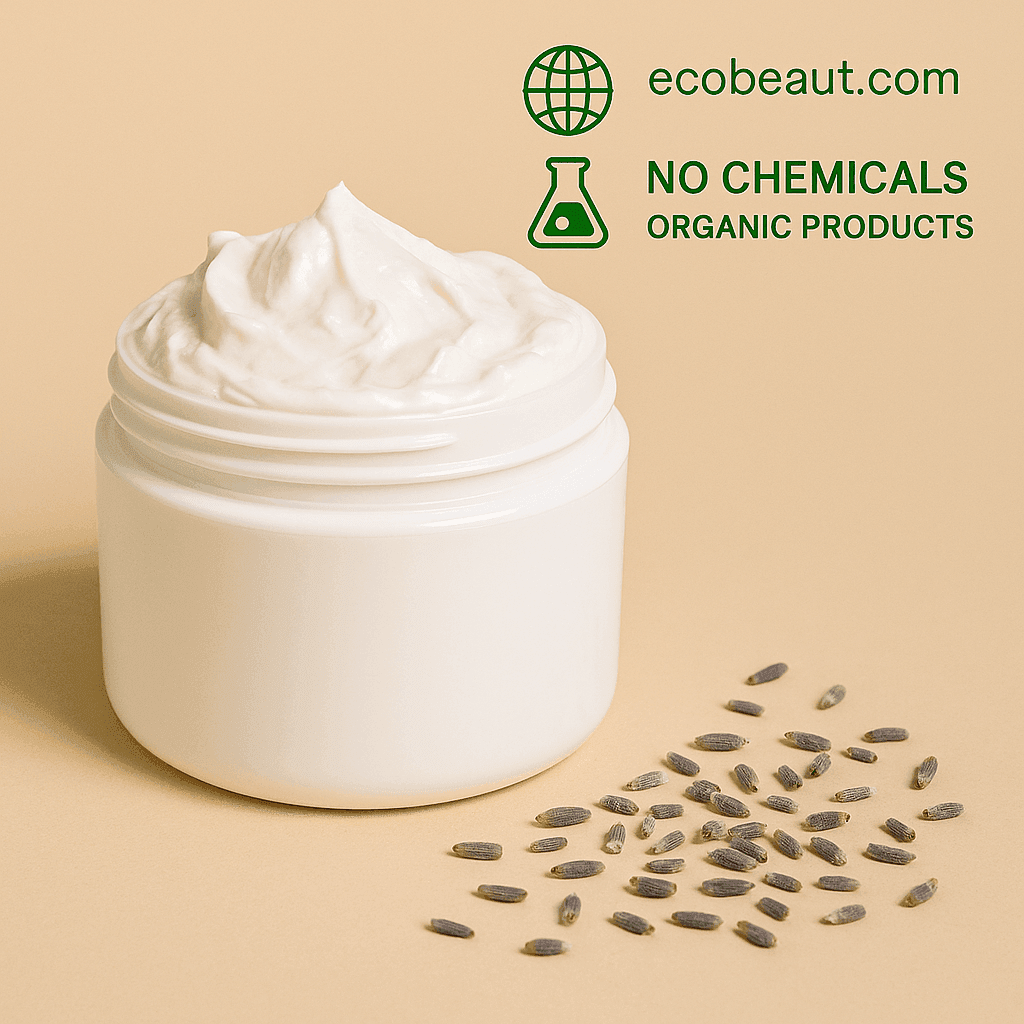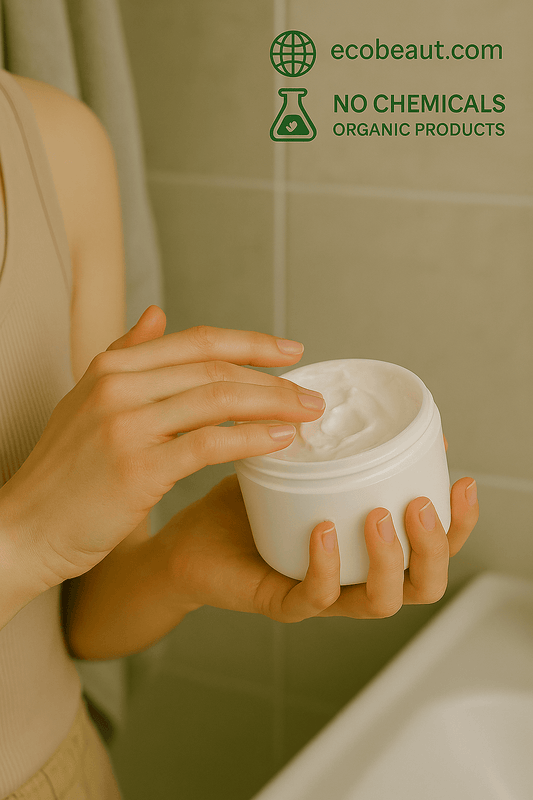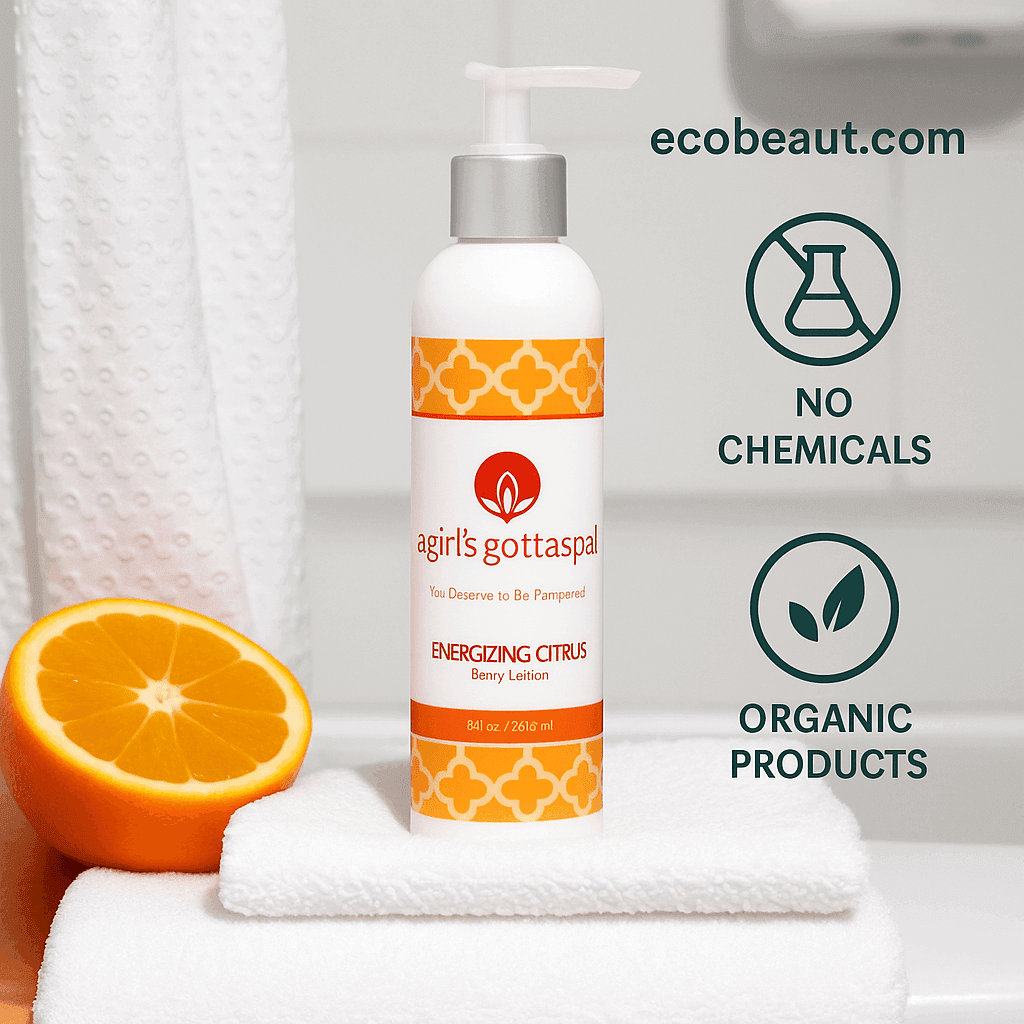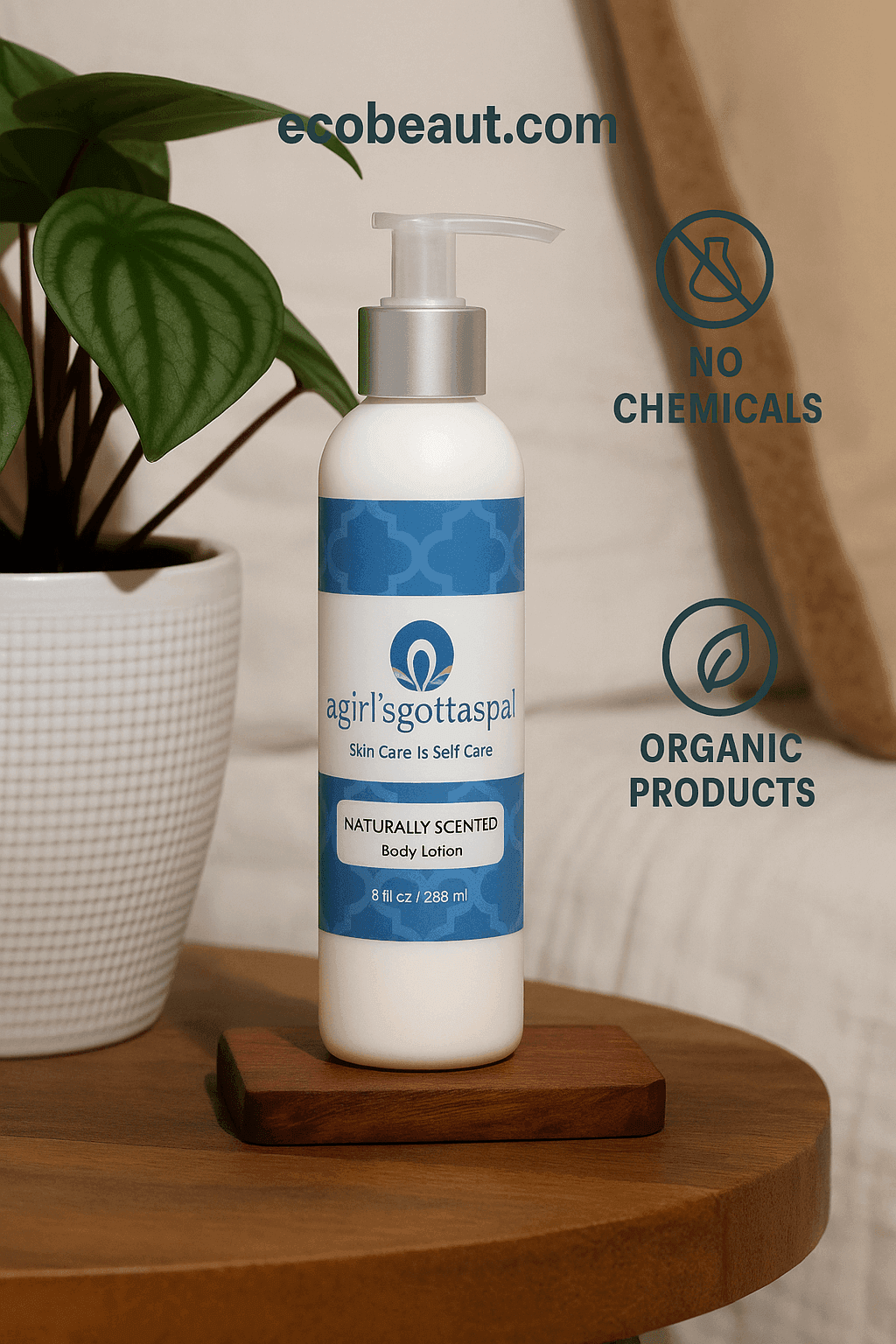As consumers become more aware of the impact of chemical-laden personal care products, many are turning to organic shampoos. Unlike conventional shampoos, organic alternatives focus on natural ingredients derived from plants, flowers and herbs. These shampoos are free of synthetic chemicals, artificial fragrances, and other harsh substances that can harm both hair health and the environment. In this article, we will explore the many benefits of organic shampoos, from nourishing hair to promoting environmental sustainability, and why switching to these products is a wise choice for conscious consumers.
What makes a shampoo organic?
An organic shampoo contains ingredients from certified organic sources that are grown without the use of pesticides, herbicides, synthetic fertilizers, or genetically modified organisms (GMOs). These shampoos avoid synthetic additives such as parabens, sulfates, phthalates, and artificial colors.
Organic shampoos often contain plant-based oils, essential oils, botanical extracts, and herbal infusions that provide essential nutrients for hair and scalp health. In addition, these products are designed to be biodegradable, meaning they break down naturally without harming the environment.
It's also important to look for official certifications, such as USDA Organic or COSMOS, which guarantee that the product meets strict organic standards.
Key benefits of organic shampoos for hair health
1. Gentle cleansing without stripping natural oils
Conventional shampoos often contain sulfates-harsh detergents that are great for lathering, but are known to strip the scalp of its natural oils. This can leave hair dry, brittle, and susceptible to damage. Organic shampoos, on the other hand, use gentle cleansers derived from coconut, aloe, or sugar cane that effectively cleanse without stripping moisture from the scalp.
By preserving natural oils, organic shampoos help maintain hair softness and prevent problems like split ends and frizz, making them ideal for all hair types, including dry, curly or chemically treated hair.
2. Nourishing ingredients that promote hair growth
Organic shampoos are rich in natural ingredients known to promote healthy hair growth. For example, oils such as argan, coconut, and jojoba nourish the scalp, improve elasticity, and prevent breakage. Ingredients such as rosemary and peppermint extracts stimulate blood flow to the scalp, promoting hair growth and reducing thinning.
In addition, vitamins and antioxidants found in organic ingredients help protect hair from environmental damage. Vitamin E, commonly found in vegetable oils, reduces oxidative stress on hair follicles, promoting stronger, thicker hair over time.
3. Reduces scalp irritation and sensitivity
Many people suffer from itchy or irritated scalps due to the harsh chemicals found in conventional shampoos, such as synthetic fragrances or sulfates. Organic shampoos avoid these irritants, opting instead for soothing ingredients like chamomile, lavender, or tea tree oil to calm inflammation and balance scalp health.
Those with conditions such as dandruff, eczema, or psoriasis may especially benefit from organic formulations, as these shampoos are less likely to aggravate sensitive skin. For example, aloe vera moisturizes and soothes dryness, while tea tree oil provides natural antibacterial properties to fight dandruff.
4. No harmful chemical build-up
Traditional shampoos often contain silicones and waxes that coat the hair shaft, creating a smooth appearance, but over time cause buildup. This residue can leave hair looking dull and lifeless, requiring clarifying treatments to remove. Organic shampoos, free of synthetic additives, allow hair to breathe and retain its natural shine without the need for frequent detangling treatments.
Using organic products over time results in healthier, more vibrant hair because they work with your hair's natural processes rather than masking underlying problems.
5. Safe for color-treated and chemically processed hair
Chemical treatments such as coloring, straightening or permanent waves can weaken hair, making it more susceptible to damage. Organic shampoos are especially good for color-treated hair because they don't contain sulfates, which are known to strip color and moisture from hair.
Ingredients such as hibiscus, argan oil or sunflower seed extract found in organic shampoos protect color-treated hair from fading while enhancing its vibrancy. This makes them a safer choice for maintaining color and moisture balance.
Environmental benefits of organic shampoos
1. Reduces water pollution
One of the significant environmental benefits of organic shampoos is that they contain biodegradable ingredients that break down naturally in water systems. Conventional shampoos, on the other hand, contain non-biodegradable substances such as microplastics and synthetic polymers that accumulate in waterways and harm aquatic life.
When organic shampoos are washed down the drain, they pose minimal risk to the environment because they are free of harmful chemicals, reducing water pollution and contributing to cleaner ecosystems.
2. Minimizes the use of toxic chemicals
Conventional shampoo production involves the use of pesticides, fertilizers, and other toxic chemicals that can contaminate soil, water, and air. In contrast, organic farming methods used to grow ingredients for organic shampoos avoid synthetic chemicals, protecting biodiversity and soil health.
Choosing organic shampoos supports sustainable agricultural practices, reducing the overall impact of chemical pollution and promoting healthier ecosystems.
3. Eco-friendly packaging and sustainable practices
Many organic shampoo brands go beyond the product formula by using eco-friendly packaging solutions, such as recycled or biodegradable materials. Some companies even offer refillable packaging or bulk options to reduce plastic waste.
By supporting brands with sustainable practices, consumers contribute to a circular economy that prioritizes waste reduction and promotes green business models.
4. Cruelty-Free and Ethical Production
Organic shampoos often meet cruelty-free standards, meaning they are not tested on animals. Many organic beauty brands are certified by organizations such as Leaping Bunny or PETA, which guarantee that no animals were harmed in the development of the product.
In addition, organic brands often focus on fair trade practices, ensuring that farmers and workers involved in the production process are treated ethically and paid fairly. This adds a layer of social responsibility to the environmental benefits of organic shampoos.
Challenges of switching to organic shampoos
While the benefits of organic shampoos are significant, it is important to acknowledge some potential challenges.
- Higher cost: Organic shampoos tend to be more expensive than conventional shampoos due to the quality of ingredients and sustainable production practices. However, many consumers see this as a worthwhile investment in personal and environmental health.
- Less foam: Because organic shampoos do not contain sulfates, they may produce less foam than conventional shampoos. While this does not affect the cleansing performance, it may take some time for consumers to adjust to the difference.
- Availability: Depending on your location, organic shampoos may not be as widely available as mainstream products. However, the growing demand for organic beauty products is making them increasingly accessible through online platforms and specialty stores.
- Adjustment period: When switching to organic shampoos, hair may go through an adjustment period as it detoxifies from chemical buildup. During this time, hair may feel slightly different, but it typically adjusts within a few weeks, resulting in healthier strands over time.
How to choose the right organic shampoo
When choosing an organic shampoo, it's important to consider your hair type and specific needs. Here are some tips to help you make the right choice:
- For dry hair: Look for moisturizing ingredients such as coconut oil, shea butter, or argan oil.
- For oily hair: Choose shampoos with clarifying ingredients such as tea tree oil or peppermint.
- For color-treated hair: Choose shampoos with sunflower seed extract or hibiscus to maintain color vibrancy.
- For sensitive scalps: Look for soothing ingredients like aloe vera or chamomile.
Always read ingredient labels carefully to make sure the shampoo is free of synthetic additives and certified by reputable organizations.
Conclusion
Organic shampoos offer a holistic approach to hair care that combines the benefits of natural, plant-based ingredients with environmentally friendly practices. By nourishing the scalp, promoting healthy hair growth, and reducing exposure to harmful chemicals, these shampoos contribute to long-term hair health. At the same time, their biodegradable formulations, sustainable production practices, and cruelty-free ethos help protect the environment.
While switching to organic shampoos may require an initial adjustment period and higher upfront costs, the long-term benefits for both personal well-being and the planet make it a worthwhile change. As more consumers embrace organic beauty, the industry is likely to expand, making sustainable hair care more accessible to everyone.
Choosing organic shampoos is more than just a beauty trend-it's a commitment to mindful living that benefits both the individual and the world around them.
